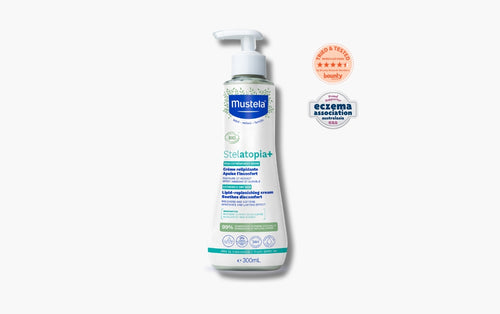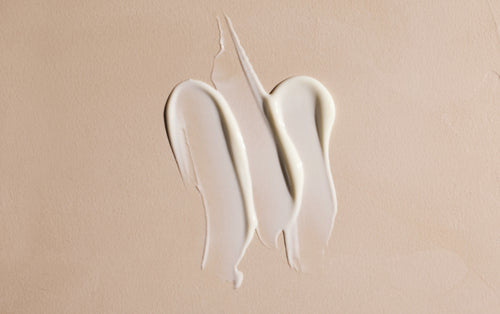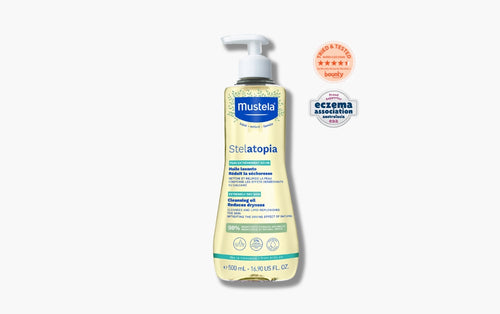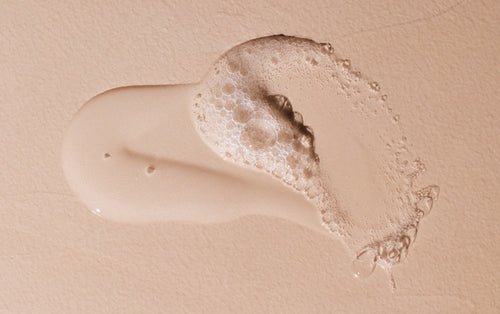In Australia, 1 in 3 children (Martin et al. 2013), and over 1 million Australians have eczema. Many parents find it difficult to send their children to day-care or nursery school. It could be the first time you have been away from your child since birth. This separation can be distressing for both you and your child, particularly if they have eczema-prone skin. What should you do if your child has eczema? This article talks about some helpful tips for parents who have children with eczema and are worried about how the transition from home to daycare or nursery school would affect their baby's.
Make Contact With Your Child's Caregivers
When it's time to entrust your child's care to a babysitter, nursery, daycare, or school, it's also a good time to discuss their eczema-prone skin with their caregivers and teachers. First and foremost, remember that having eczema is not a sign of weakness. Eczema is a noticeable skin condition, which is true. It is, however, very prevalent and, more crucially, non-contagious. Your child's caregiver or instructor must be aware of this.
Furthermore, eczema flare-ups are like allergic reactions in appearance. Your child should be treated the same as a kid who has seasonal allergies or a peanut allergy. They probably won't, but it's preferable to bring up your child's eczema first rather than waiting for the caregiver to notice it. Most caregivers, day-care professionals, and teachers are already knowledgeable about eczema in children. In fact, according to the National Eczema Association, more than half of all eczema sufferers show signs within their first 12 months of life and 20 per cent of people develop eczema before the age of five.
So don't be hesitant about bringing it up on the first day. Not sure what to say to help your child's caregiver understand? Here are six crucial points to discuss with your child about eczema and how it affects them.
1. Eczema Isn't Spreadable
This is the first piece of information your child's caregiver needs to know if they are inexperienced with eczema. Explain to them that eczema is a hereditary condition that is handed down the generations via DNA from one parent to the next. Tell them that, just like a pollen or dust allergy, eczema cannot be passed from person to person through touch or proximity. When your child's caregiver understands these fundamental realities, they may reassure their coworkers, other children, and parents.
2. Eczema Is Not Caused By Poor Hygiene
Another fallacy you should dispel straight away is that your child's eczema flare-ups are caused by poor hygiene. Make it clear that the red, itchy areas on your child's skin are the result of allergens penetrating the hydrolipidic barrier and irritating his or her skin. Once your child's caretakers or teachers understand what causes an eczema flare-up, they may reassure both parents and kids that your child is not dirty in any way.
3. They May Get Irritable And Tired

When your child has eczema, the harsh reality is that they may not always get the sleep they require to function at their best. This can lead to a weary and irritable child the next day at day-care or school. You can inform your child's caregiver(s) of this possibility on the first day you meet. When this happens, it is also necessary to explain it to the caregivers, so they are not surprised by their bad mood, tiredness, or lack of concentration. If the adults are aware, they may be able to assist them in catching up on sleep when the opportunity arises.
4. This Is The Appearance Of A Flare-Up

Another significant point to consider is the appearance of a flare-up. You do not need to go into much detail; simply the broad strokes would be enough: red, swollen, itchy patches or spots. It is also a good idea to let your child's carer’s know where they are more likely to break out.
As they get older, the sections of their bodies that are more vulnerable will change, so it's critical that caretakers know where to look. If you have any photos of your child suffering from an eczema flare-up, share them to your child's caregiver so they know what to look for. After all, a picture is worth a thousand words.
5. Here Is How To Deal With A Flare-up If It Happens
An emollient product, such as Mustela's Stelatopia Emollient Cream or Mustela Stelatopia Emollient Balm, is the best option to manage an eczema flare-up. Make sure that your child's carer’s are aware of this information and are familiar with the best techniques to administer the emollient for the best results. Always check to see if your child's caregiver has any emollient creams on hand. If not, you may always include some emollient in your child's backpack.
6. These Environmental Factors Have The Potential To Cause A Flare up
The last thing you should tell your child's caregiver is what environmental factors can aggravate their eczema. Include everything that could be dangerous, such as heat, direct sunshine, scratchy carpets, and even foods. If you are not sure what is causing your child's eczema flare-ups, go to a doctor who can send you to a dermatologist or allergist. They can conduct testing to determine whether or not your child has allergies. With that information, you and your child's caregiver can attempt to reduce the likelihood of a flare-up.
7. What Is The Average Duration Of Eczema Flare-ups?
The duration of a flare-up is determined by the type of eczema and the intensity of the flare. Flare-ups can last one to three weeks with effective treatment, according to Harvard Health Publishing.
A good preventative treatment strategy can help chronic eczema, such as atopic dermatitis, go into remission. The term "remission" refers to when the disease is no longer active, and you are symptom-free. According to the Eczema Association Australasia, remission can extend for weeks or even years.

















